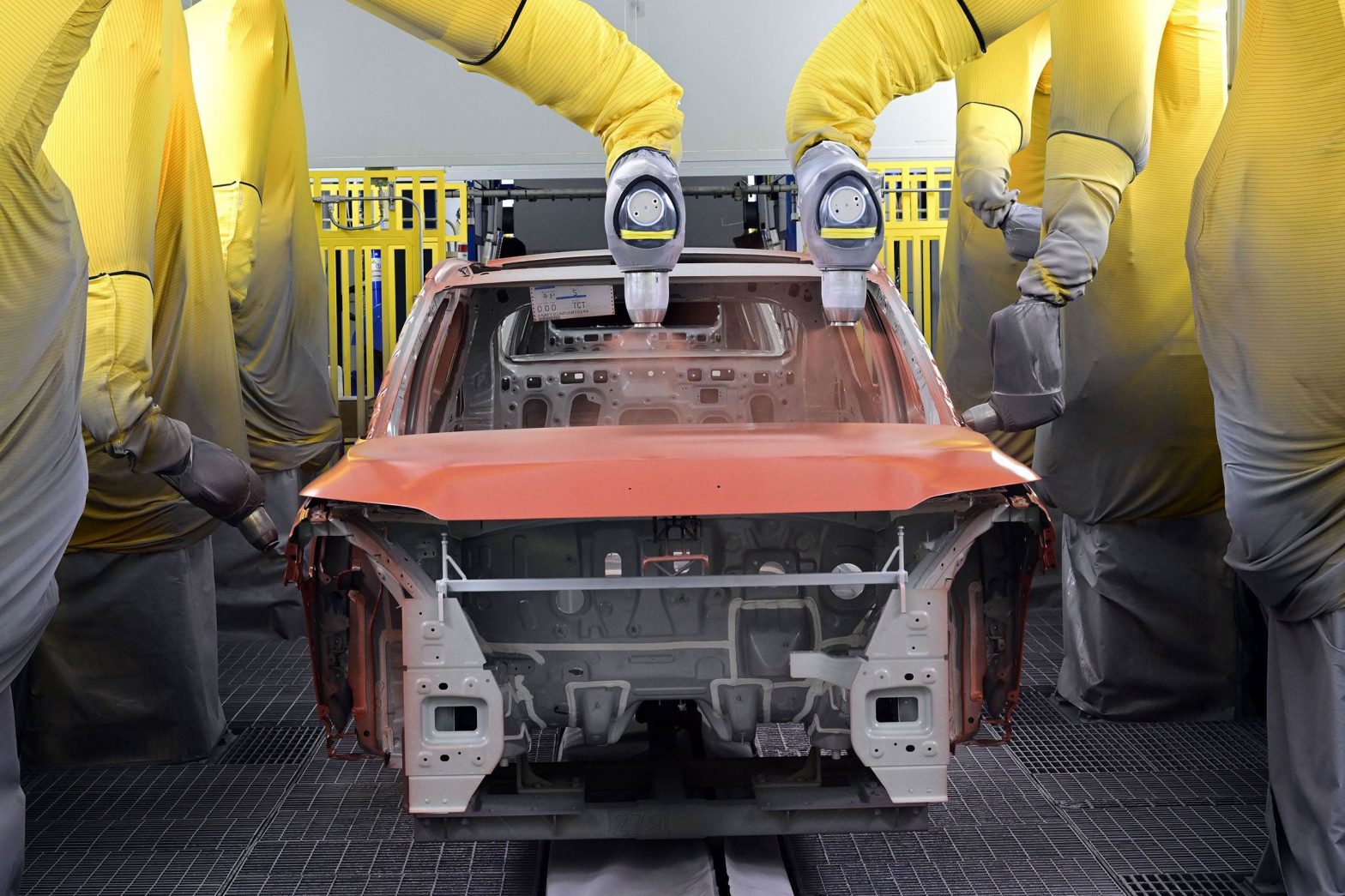Kia Corporation has today celebrated the opening of Kia Gwangmyeong EVO Plant, Hyundai Motor Group’s (the Group) first dedicated EV manufacturing facility.
Located at Kia Autoland Gwangmyeong, the new South Korean facility has an annual production capacity of 150,000 units and started production of the Kia EV3 in the first half of this year, to be followed by the EV4 in the first half of 2025.
To celebrate the completion of the project, Kia hosted around 150 guests during a ceremony at the new Kia Gwangmyeong EVO Plant, including Jun Young Choi, Executive Vice President and Head of Domestic Production Division at Kia; Seung Won Park, Mayor of Gwangmyeong City; and O Kyeong Lim and Nam Hee Kim, Members of the 22nd National Assembly of the Republic of Korea.
“The completion of the Kia Gwangmyeong EVO Plant solidifies Kia’s first step as an EV leader following the company’s brand relaunch in 2021. With the goal of providing sustainable mobility solutions, we will lead innovation in the EV market and fulfil our responsibilities in helping to deliver a sustainable future”, said Jun Young Choi, Executive Vice President and Head of Domestic Production Division at Kia, during a welcoming speech at the event.
In order to flexibly respond to changes in global demand for EVs, Kia has been steadily preparing for EV production at its global facilities. The Gwangmyeong EVO Plant is a dedicated EV facility, with an investment total of KRW 401.6 billion over approximately 60,000 square metres and will serve as an outpost for production of Kia’s popular EV models.
Kia has spent approximately one year transforming Gwangmyeong Plant 2, which was completed in 1987 to produce small internal combustion engine vehicles such as the Kia Pride, Avella and Stonic. The Kia Gwangmyeong EVO Plant is also meaningful in that it is the Group’s first dedicated EV plant and a facility that has been completely rebuilt on an existing plant site to become a hub for next-generation vehicle production.
 Cutting-edge manufacturing initiatives include water-based painting as well as automated processes. The paint shop now uses the water-based 3C1B method instead of the previous oil-based 3C2B method.
Cutting-edge manufacturing initiatives include water-based painting as well as automated processes. The paint shop now uses the water-based 3C1B method instead of the previous oil-based 3C2B method.
Eco-friendly and worker-friendly processes
Kia Gwangmyeong EVO Plant is characterized under the theme of ‘pursuing maximum change through minimal expansion’ in consideration of its city centre location and other environmental factors, such as protection of green spaces.
In addition, the plant has been constructed with a full-scale conversion to electrification in mind, focusing on eco-friendly and worker-friendly processes.
The body shop is now a high-tech logistics factory thanks to the introduction of automated guided (AGV) forklifts, and the green credentials of the paint shop have been increased by applying the water-based 3C1B method instead of the previous oil-based 3C2B method. New equipment has also been introduced to improve wellbeing and reduce the workload of plant employees, including machinery which can automatically install high-voltage batteries, wheels and tires on the vehicles.
Following the completion ceremony of the Gwangmyeong EVO Plant, Kia will ramp up EV production. Mass production of the EV3, the brand’s compact all-electric SUV, began in the first half of this year. The EV3 is Kia’s third dedicated EV model after the Kia EV6, the brand’s all-electric crossover SUV launched in 2021, and the Kia EV9 all-electric flagship SUV launched in 2023.
In the first half of 2025, Kia plans to introduce the EV4, the brand’s mid-sized electric sedan. Kia plans to utilize the Gwangmyeong EVO Plant as a key production base for the company’s EV models, including the EV3 and EV4, with an annual production capacity of 150,000 units.
<>
